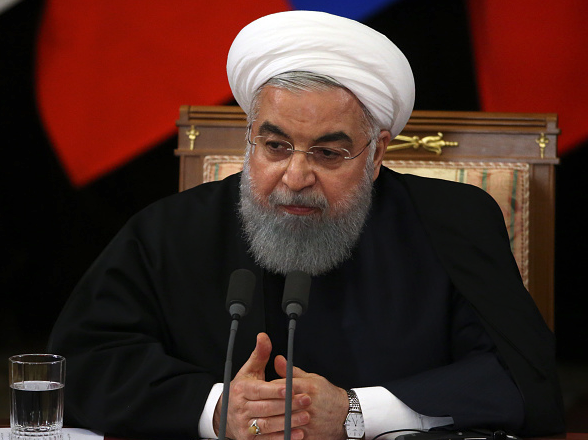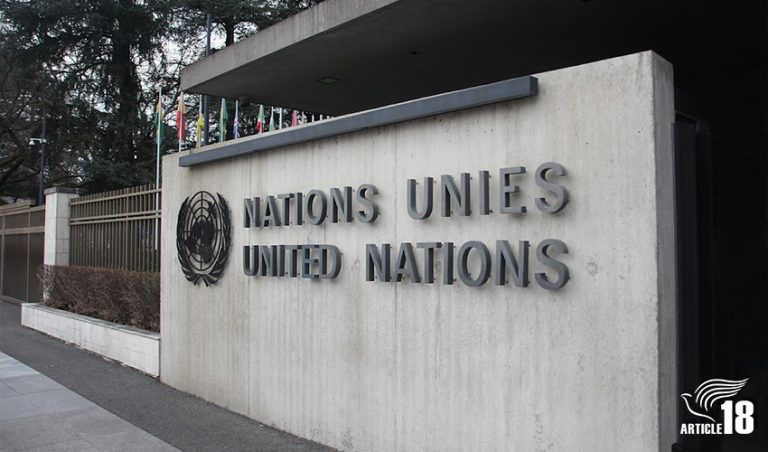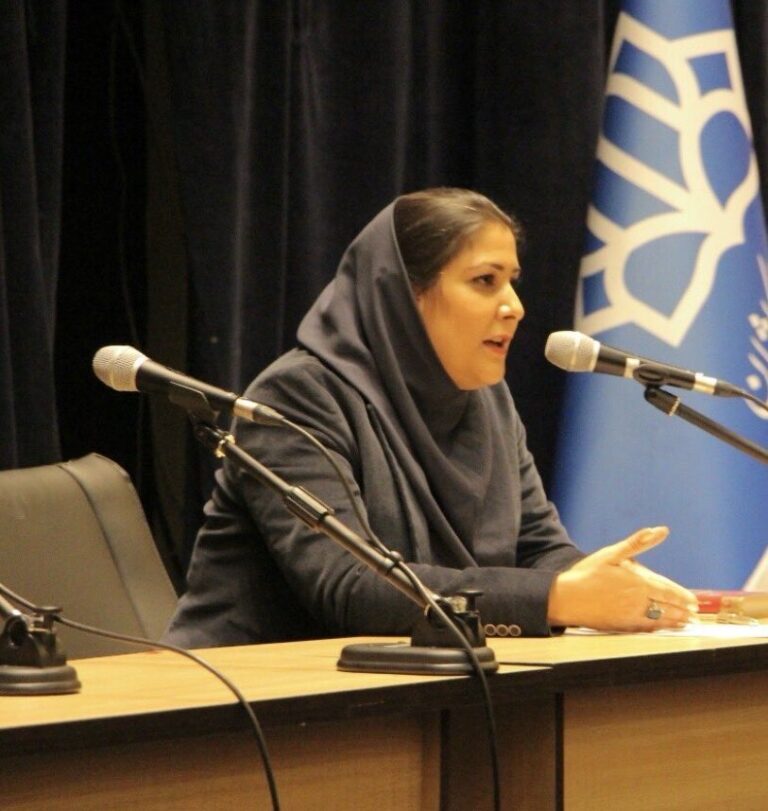Iran remains among the world’s most egregious violators of religious freedom, according to the 20th annual report of the US Commission on International Religious Freedom (USCIRF).
The report, released today, recommends that, as in every year since 1999, Iran be listed among the US State Department’s Countries of Particular Concern (CPCs) “for engaging in or tolerating systematic, ongoing, egregious violations”.
“In 2018, religious freedom conditions in Iran trended in a negative direction relative to 2017,” USCIRF says, adding that the Iranian government “heightened its systematic targeting” of religious minorities such as Christians, Baha’is, and Sunni and Sufi Muslims.
The report notes the “dramatic uptick” in documented arrests of Christians – 171 in 2018 compared to 16 in 2017 – particularly in the run up to Christmas, when 114 Christians were arrested in just one week.
“Christians arrested in Iran are often treated and charged as enemies of the state, and lawyers who take on their cases face the threat of detention,” the report says.
“Christians have been sentenced to prison terms for holding private Christmas gatherings, organizing and conducting house churches, and traveling abroad to attend Christian seminars. Evangelical Christian communities face repression because many conduct services in Persian and proselytize to those outside their community. Pastors of house churches are often charged with national security-related crimes and apostasy.”
USCIRF specifically references the cases of Youcef Nadarkhani, Hagi Asgari, Amin Afshar-Naderi, Saheb Fadaie and Fatemeh Bakhtari, and the Bet-Tamraz family, all of which have been highlighted by Article18.
USCIRF also notes that despite President Hassan Rouhani “signalling his intent to address some religious freedom violations, these promises have yet to be implemented”. It notes that in December 2016 he released a Charter on Citizens’ Rights that promised, among other rights, recognition of all religious identities and nondiscriminatory legal protection. “However, since his reelection in May 2017, religious minorities in Iran have seen little change based on this document.”
USCIRF makes the following recommendations to the US government:
• Speak out publicly and frequently at all levels about the severe religious freedom abuses in Iran, and highlight the need for the international community to hold authorities accountable in specific cases;
• Identify Iranian government agencies and officials responsible for severe violations of religious freedom, freeze those individuals’ assets, and bar their entry into the United States, as delineated under the Comprehensive Iran Sanctions, Accountability, and Divestment Act (CISADA), the Global Magnitsky Human Rights Accountability Act, and related executive orders, citing specific religious freedom violations;
• Press for and work to secure the release of all prisoners of conscience, including Youcef Nadarkhani, Golrokh Ebrahimi Iraee, and Mohammad Ali Taheri;
• Work with European allies to use advocacy, diplomacy, and targeted sanctions to pressure Iran to end religious freedom abuses, especially leading up to Iran’s 2019 Universal Periodic Review;
• Develop and utilize new technologies to counter censorship and to facilitate the free flow of information in and out of Iran.
And for the US Congress to:
• Reauthorize and ensure implementation of the Lautenberg Amendment, which aids persecuted Iranian religious minorities seeking refugee status in the United States.




0 Comments